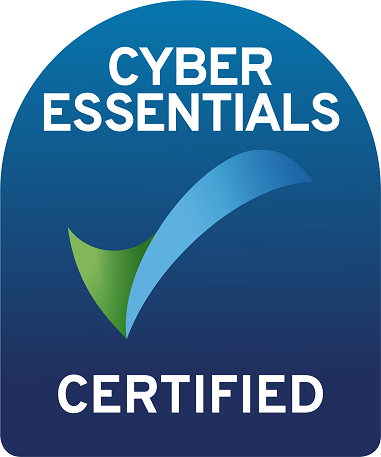Within the “A Fairer Private Rented Sector White Paper”, published in June 2022, the Government intends to introduce a legally binding Decent Homes Standard to the private rented sector.
The White Paper sets out that 21% of privately rented homes are currently “non-decent” and 12% have serious hazards, which the Government has described as “unacceptable”.
What is the current Decent Homes Standard?
The Decent Homes Standard currently only applies to social housing, excluding leasehold and shared ownership properties. An applicable property is considered a safe and decent home if it meets the following criteria:
- It meets the current statutory minimum standard for housing. Properties currently need to be assessed under the Housing Health and Safety Rating System to ensure they have no serious hazards, and this system is also being reviewed as part of the proposed reforms;
- It is in a reasonable state of repair;
- It has reasonably modern facilities and services; and
- It provides a reasonable degree of thermal comfort.
In addition, all landlords must comply with the Homes (Fitness for Human Habitation) Act 2018 which requires landlords to ensure their properties are fit for human habitation throughout the tenancy.
What is the proposed Decent Homes Standard under the Renters’ Reform Bill?
For properties to be ‘decent’, the Government has set out that it will require the following criteria to be met:
- A home must be free from the most serious health and safety hazards, such as fall risks, fire risks, or carbon monoxide poisoning;
- Landlords will need to ensure their rented homes do not fall into serious disrepair, and address any issues;
- Landlords will need to update their tenants’ facilities, to keep them clean, appropriate, and useable; and
- All homes will need to be warm and dry.
How is the proposed Decent Homes Standard going to be enforced?
Local authorities currently can choose to make a Banning Order against landlords or agents who have been convicted of serious offences, which prevent rogue landlords or agents from renting out or managing properties for a specified period of time. At present, local authorities are only required to make a record on the Database of Rogue Landlords and Property Agents if they make a Banning Order. If a landlord commits an offence that qualifies for a Banning Order, but a Banning Order is not served, then the local authority has discretion over whether to include it on the Database.
The White Paper proposes introducing “a legislative duty on private landlords to meet the Decent Homes Standard” and intends to mandate entry of all eligible offences on the Database of Rogue Landlords and Property Agents and making offence data publicly viewable
The White Paper states that this will help local authorities “crack down” on non-compliant landlords while protecting the reputation of responsible landlords.
In addition, rent repayment orders will be expanded to cover repayment for non-decent homes.
Property Portal
Another of the Government’s proposals is to create a digital Property Portal to help landlords demonstrate compliance with the various requirements to tenants and local authorities.
How will the Property Portal work?
The Government has not yet put forward its proposals on exactly how the Property Portal will work, but states that it is focusing on user research and engaging with representative groups to make sure that the new system works for everyone involved. The final solution will also be future-proofed so it can “flex to support future policy developments”.
Over time, the Government plans to bolster the Property Portal by incorporating some of the functionality of the existing Database of Rogue Landlords and Property Agents.
Will it be mandatory to register properties on the Property Portal?
The White Paper suggests that landlords will be legally required to register their properties on the Property Portal, and states that this will help keep landlords informed and give tenants more visibility into the compliance of the property with the relevant standards. The intention also appears to be that a property’s compliance with and exemptions from the Decent Homes Standard will be included on the Property Portal.
Local authorities will be able to take enforcement action against private landlords that fail to register their properties on the Property Portal. The White Paper suggests that non-compliant landlords could be prosecuted or fined up to £30,000.
Single Ombudsman
In addition, the Government plans to introduce a single Government approved Ombudsman covering all private landlords who rent out property in England. The membership of an Ombudsman scheme will be mandatory for the landlords who use managing agents.
The Ombudsman will have powers including in compelling landlords to issue an apology, provide information, take remedial action and/or pay compensation of up to £25,000 to tenants.
Tenants will be able to seek redress for free and local authorities will be able to take enforcement action against landlords who fail to join the Ombudsman scheme.
The Renter’s Reform Bill has not yet been introduced to Parliament but is expected this year. It will be necessary to consider the precise details of the Government’s proposals when that legislation is published. However, the Government appears intent on increasing the regulation of Assured Shorthold Tenancies within the private sector and landlords, in particular, will be keen to monitor further developments and await further details once the Renter’s Reform Bill is published so they can take steps to prepare for the changes.





